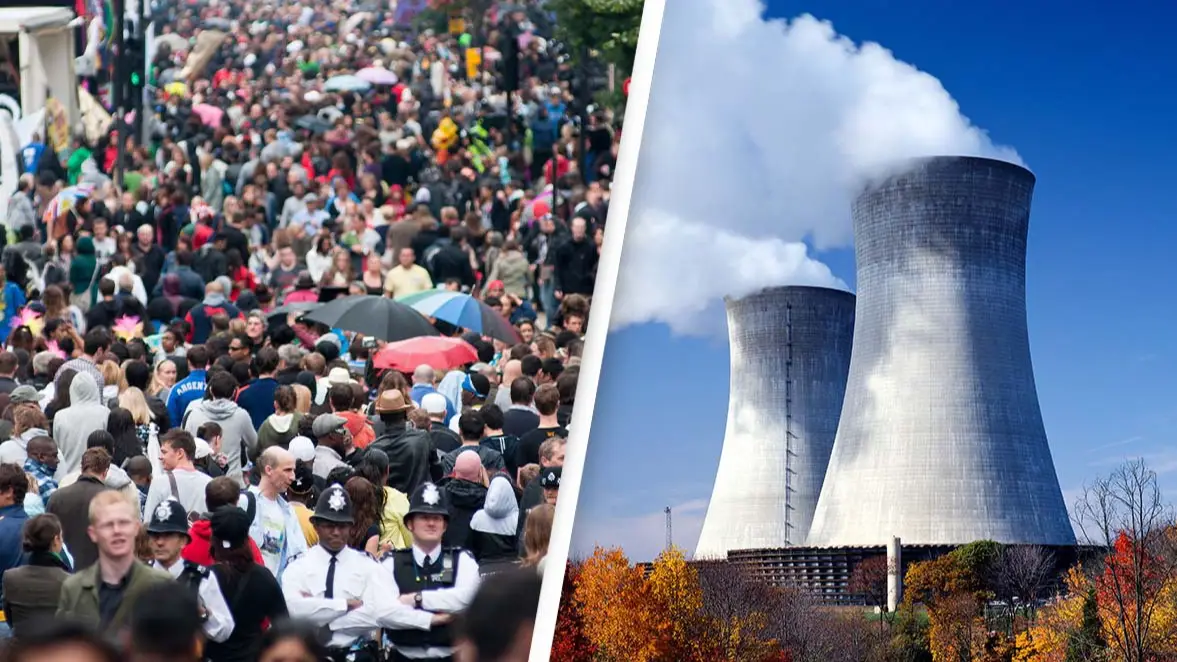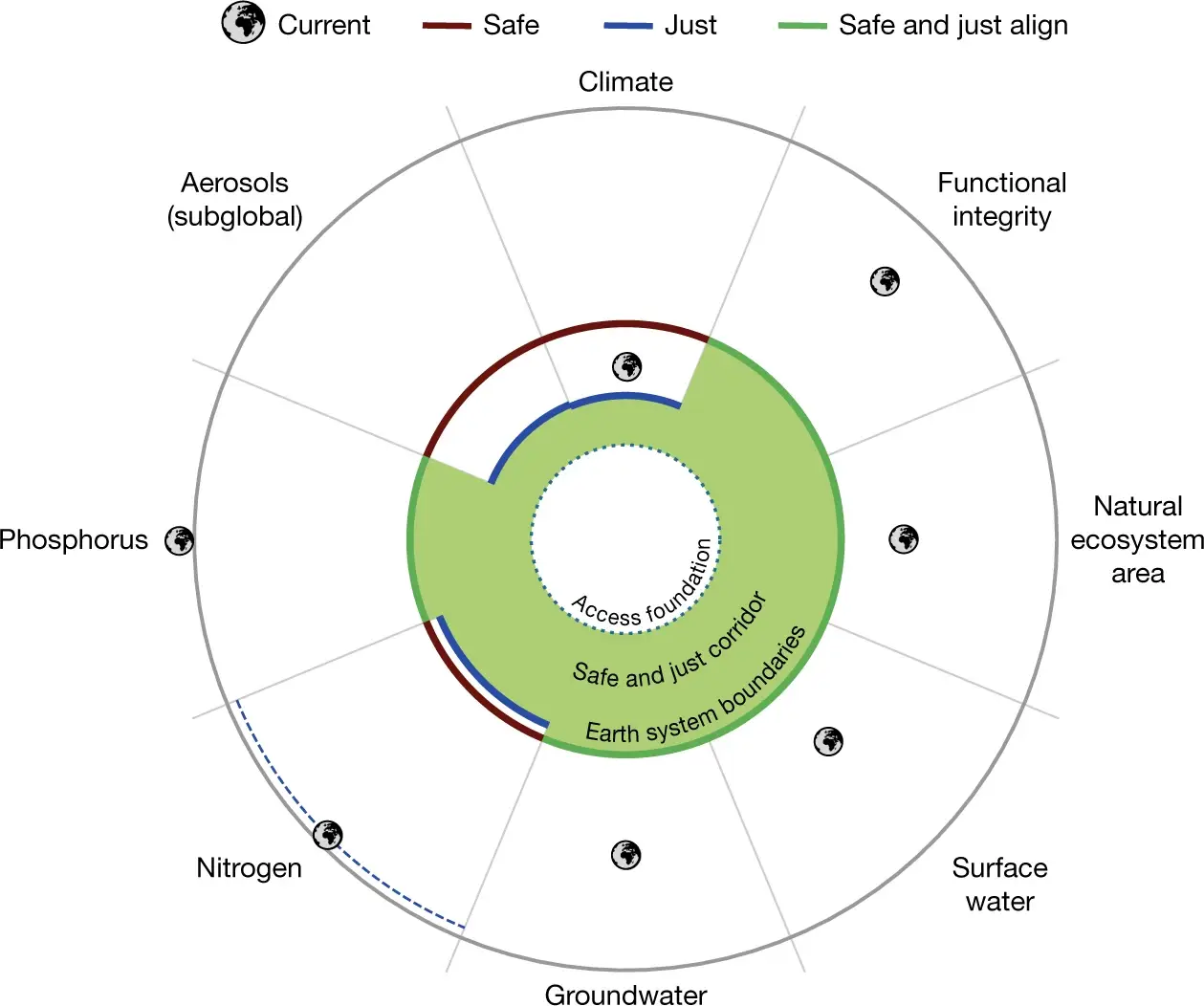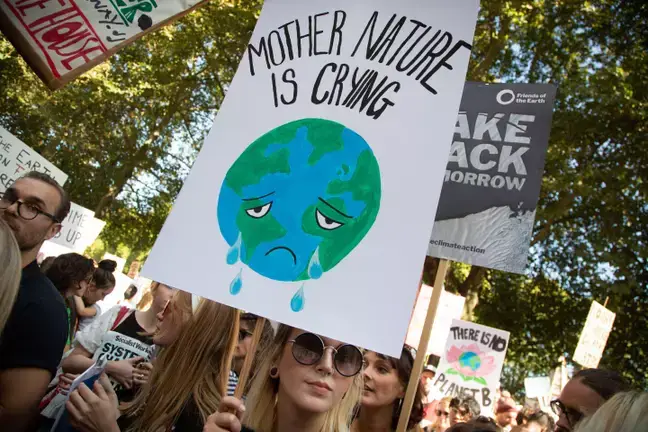
Scientists are warning that there are eight 'safe limits' to measure planet Earth's ability to sustain life, and we're over the line on seven of them.
Yes, it's another warning from those in the know that the pot is boiling and the frog is getting close to the point where it really needs to hop out - even if it doesn't think so.
According to Nature, a team of more than 40 experts around the world have drawn up a series of what they call 'Earth System Boundaries' (ESBs) to measure how safe and fair conditions on Earth are for life.
With eight of these ESBs measuring how we're doing, it's bad news as we've broken seven of them already, with only the level of aerosol pollutants being something we haven't yet horribly screwed up on.
Advert
All of this damage is of course massively our fault as the vast majority of scientists agree that catastrophic climate change is the fault of human beings, and our massive levels of consumption of the planet's resources.

As a matter of fact, a study of 88,125 climate change studies found that 99.9 percent of them gave humans as the driving force behind climate change.
There's a reason it's being talked about as a bigger threat to our planet and our species than nuclear weapons.
Instead of the world ending with a bang or a whimper, it could just get progressively worse as more areas are rendered uninhabitable and climate change wipes out more habitats and species, with entire ecosystems toppled as a by-product of human consumption.
Extreme weather events are happening with greater frequency and we're starting to notice the problems a little more often.
The study also set out some goals, which we should be aiming for to try and salvage the situation, including limiting global temperature rises to 1.5 degrees Celsius and protecting the biodiversity of ecosystems around the world.

The group of scientists, named the Earth Commission, said we weren't on track to meet the very necessary targets.
They said success would require 'a leap in our understanding of how justice, economics, technology and global cooperation' could all combine into a safer and happier future, where we still have a planet capable of sustaining our lives.
In addition to safe limits, the scientists also had 'just limits' on their data to show that, even if we had the Earth not sliding towards disaster, the current situation would still unfairly impact certain parts of the world.
Even if we can get things into a state where they're not sliding into doing irreparable damage to our planet, there are people already suffering through the damage climate change has wrought.
Topics: Science, Climate Change, World News